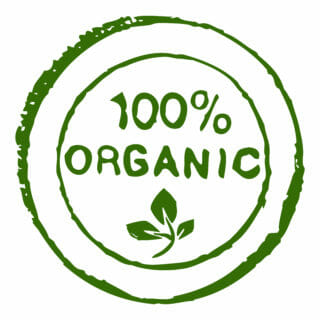We’ve written previously about the inability of cannabis companies to receive United States Department of Agriculture (USDA) organic certification for their products (although there are alternative state-level and private certifications available to fill this gap), but what some of our clients are unaware of is that the USDA will provide organic certification for qualified industrial hemp producers.
The USDA provided clarifying instructions in its September 2018 Instruction on Organic Certification of Industrial Hemp Production for the UDSA’s policy regarding the organic certification of industrial hemp production by certifying agents accredited by the USDA National Organic Program (NOP). The UDSA first noted that Section 7606 of the Agricultural Act of 2014 (the Farm Bill) authorized institutions of higher education and state departments of agriculture to establish industrial hemp research pilot programs in states where the production of industrial hemp is legal and subject to certain other conditions.

The USDA’s official policy is that “[f]or hemp produced in the United States, only industrial hemp, produced in accordance with the 2014 Farm Bill, as articulated in the Statement of Principles on Industrial Hemp issued on August 12, 2016 by USDA, may be certified as organic, if produced in accordance with the USDA organic regulations.”
For industrial hemp producers operating in accordance with their state’s industrial hemp program, becoming a certified organic operation will be no different than for companies in any other industry. The USDA lays out five basic steps to attaining organic certification:
- The farm or business adopts organic practices, selects a USDA-accredited certifying agent, and submits an application and fees to the certifying agent.
- The certifying agent reviews the application to verify that practices comply with USDA organic regulations.
- An inspector conducts an on-site inspection of the applicant’s operation.
- The certifying agent reviews the application and the inspector’s report to determine if the applicant complies with the USDA organic regulations.
- The certifying agent issues organic certificate.
All certified organic farms and businesses must also undergo an annual review and inspection process.
It is important to remember that touting your hemp (or cannabis) as certified organic when it is not is illegal under federal law. As mentioned above, for cannabis businesses there are alternative certifications available via some states or via private third-party certification companies.
In California, for example, SB 94 mandated that the California Department of Food and Agriculture (CDFA) create an organic cannabis program by 2021. In 2018, the CDFA formed the “OCal” project, which is a four-person team within CalCannabis dedicated to establishing that organic cannabis program. The program will be similar to the National Organic Program (NOP). OCal is currently in the information-gathering stage and is set to begin soliciting input from stakeholders this month.
In short, it’s clear that both hemp and cannabis companies value organic principles and are seeking certification. The path to such certification is clear for qualifying industrial hemp companies, but for other cannabis companies, the options are much more limited.























